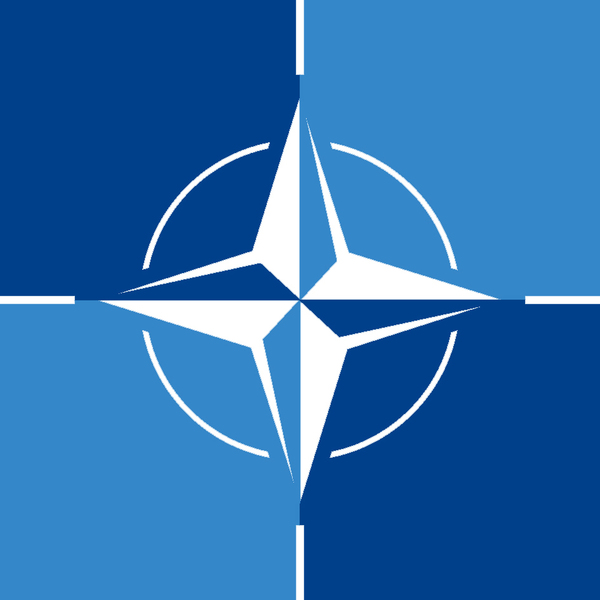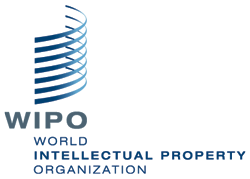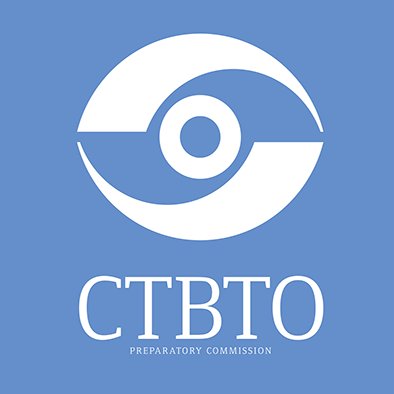Result of Service
1. Eleven draft SOPs on the NPM functioning developed in line with the list above in the ToR. 2. At least eight consultative meetings (online/offline) conducted of six thematic working groups composed of the Ombudsperson Institute’s staff and civil society experts to jointly develop monitoring methodologies and tools for different types of places of the deprivation of liberty. 3. Text of initial proposals on amendments to legislation to ensure that the NPM is compliant with the OPCAT requirements: • At least five briefings and expert workshops delivered to the Ombudsperson Institute/NPM staff on the SPT Guidelines, the OPCAT provisions, the NPM mandate, monitoring methodologies/tools, and conducting monitoring visits, including following up to the 11-12 December training. • Draft monitoring methodologies and tools developed in line with the description above. 4. Monitoring methodologies and tools piloted and finetuned.
Expected duration
Four months
Duties and Responsibilities
1. Jointly with the Ombudsperson Institute and in close consultation with civil society experts develop a draft monitoring methodology and tools for all types of places of deprivation of liberty covered by the NPM mandate in line with the OPCAT: • Coordinate the establishment of six thematic working groups composed of relevant Ombudsperson’s Institute’s/NPM staff and civil society experts with knowledge and experience of monitoring relevant closed or semi-closed institutions (police stations; temporary detention facilities (IVS); pretrial detention centres (SIZOs); penitentiaries; military facilities; detention facilities for short-term arrests under the Code of Offences; other types of administrative detention facilities; border detention facilities; various types of places of the deprivation of liberty for children, including child colonies, special boarding schools, centres for adaptation and rehabilitation of minors, state and non-state medical-social facilities for children, including orphanages; detention facilities under the State Committee for National Security (SCNS); facilities under the Ministry of Emergencies; state and non-state medical-social facilities for elderly persons; state and non-state medical-social facilities for persons with disabilities; specialized facilities for coerced medical treatment of persons with mental illness, alcoholism, drug addictions); • Develop rules of procedure for the work of the thematic working groups and jointly prepare their workplans; • Organize a first briefing for the working groups in order to raise their awareness about the new NPM’s mandate and objectives in line with the OPCAT and to agree upon the approach to the development of the monitoring methodology/tools; • Guide and mentor the working groups’ members’ work and meetings, and facilitate relevant experts’ inputs before/during/after the working groups’ meetings (online and offline) held under the auspices of the Ombudsperson Institute/NPM, including on planning, preparations and visit procedures; tailored interviewing techniques for persons detained in specific types of the places of the deprivation of liberty; documentation of monitoring templates, on reporting strategies after the monitoring visits and methods of following up on the NPM recommendations; • In consultation with the thematic working groups support the Ombudsperson Institute to map all places of the deprivation of liberty in Kyrgyzstan to be covered by the NPM mandate; • Supporting the National Dialogue on Torture taking place on 10 December 2025 (support to the drafting of the outcome document of the dialogue with focus on the NPM establishment and functioning); • Organize a presentation of the working groups’ members and inclusive consultations on the initial draft methodologies/tools at the joint meeting of all six thematic groups, the SPT (if possible) and other counterparts of the Ombudsperson Institute; • Train the newly hired NPM staff of the Ombudsperson Institute on the draft monitoring methodologies; • Mentor the new NPM staff during pilot preventive monitoring visits and during preparation of their analysis of the monitoring visits, inter alia for formulation of recommendations to the duty bearers and conducting advocacy; • Hold at least two consultations with the NPM staff after pilot monitoring in order to finetune monitoring methodologies and tools; • Advise the thematic working groups and the newly hired NPM staff on key activities relevant to their work contained in the national Action Plan on Concluding Observations of the UN Committee against Torture (CAT COBs) and recommend relevant follow up in line with the NPM mandate. 2. Jointly with the Ombudsperson Institute and in close consultation with civil society and the SPT (as appropriate) to develop initial drafts of documents, including SOPs to be adopted by the Ombudsperson Institute/NPM and to provide expert advice to ensure effective implementation of the NPM mandate, including: • Recommendations on the financial, human and logistical aspects of the NPM functioning (including support in assessing available resources within the Ombudsperson Institute and providing recommendations on their effective allocation to establish and operationalize the NPM, such as staffing, office space, equipment and vehicles); • SOP on the financial autonomous NPM planning and operations (ring-fenced autonomous budgeting and expenditures’ planning process); • SOP on the autonomous and consultative (with civil society/defense lawyers) development of annual preventive monitoring plans and awareness raising activities’ workplan of the NPM; • SOP on setting up and maintaining a Roster of independent civil society and thematic experts (medical experts, psychiatrists, psychologists, legal experts, sanitary and nutrition specialists, etc.); • SOP on the algorithm of actions for the NPM and the Ombudsperson Institute staff to secure prompt access of independent experts from the Roster to all types of places of the deprivation of liberty covered by the NPM mandate in order to conduct monitoring visits and templates of letters to state authorities; • SOP on the internal complaints’ referral system to relevant thematic Sections of the Ombudspersons Institute, when such complaints relate to individual cases of torture or ill-treatment and are received during the NPM preventive monitoring; • SOP on the protection of the interviewed persons in the places of the deprivation of liberty from reprisals; • SOP on preparation of monitoring findings and analysis after each preventive visit and criteria for decision-making on public reporting by the NPM in addition to the NPM’s Annual Report; • SOP on preparation of the NPM confidential interventions and non-public advocacy with the duty bearers from state bodies; • SOP on preparation of the NPM Annual Report and on preparation of the NPM input into the Annual Report of the Ombudsperson; • SOPs on relations with mass media and public communication of the NPM; • SOPs on the NPM engagement with non-state stakeholders (i.a. the SPT, NPMs in other countries, civil society; and other UN Human Rights Mechanisms).
Qualifications/special skills
A minimum of 5 years of progressively responsible professional experience is required in the areas of torture prevention, protection of victims of torture, and capacity building of National Human Rights Institutions, in particular of National Preventive Mechanisms in fulfilling their mandates under the OPCAT. Proven legal expertise is required related to the prevention of torture, monitoring, documentation, and investigation of torture and ill-treatment. Demonstrated strong analytical and drafting skills, particularly in the development of SOPs are desirable. Excellent facilitation, teamwork, communication, and stakeholder engagement skills are desirable.
Additional Information
Not available.
No Fee
THE UNITED NATIONS DOES NOT CHARGE A FEE AT ANY STAGE OF THE RECRUITMENT PROCESS (APPLICATION, INTERVIEW MEETING, PROCESSING, OR TRAINING). THE UNITED NATIONS DOES NOT CONCERN ITSELF WITH INFORMATION ON APPLICANTS’ BANK ACCOUNTS.





